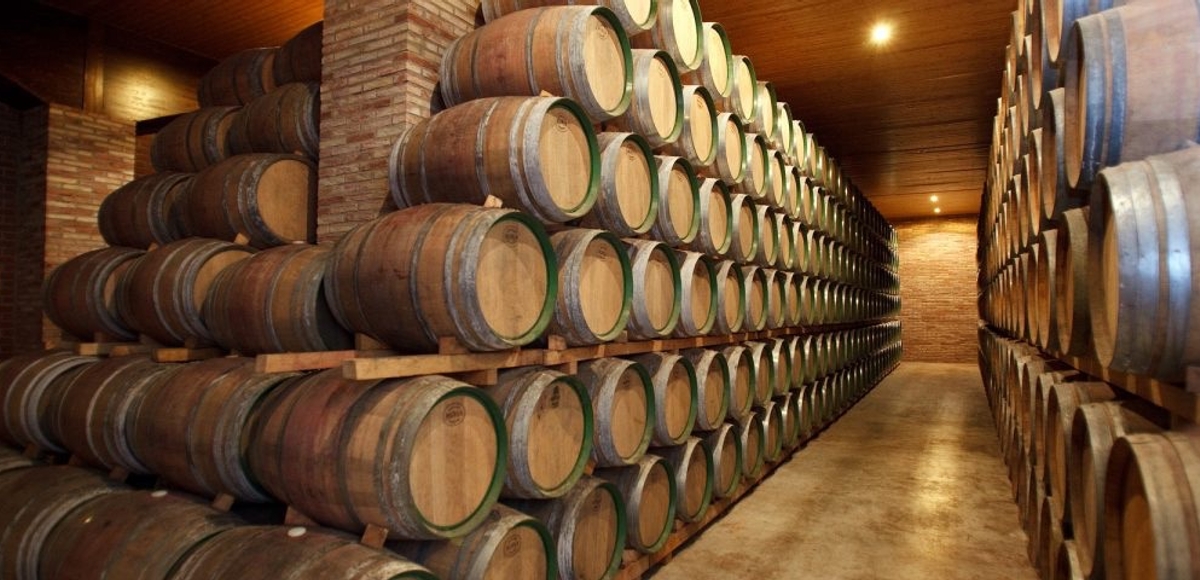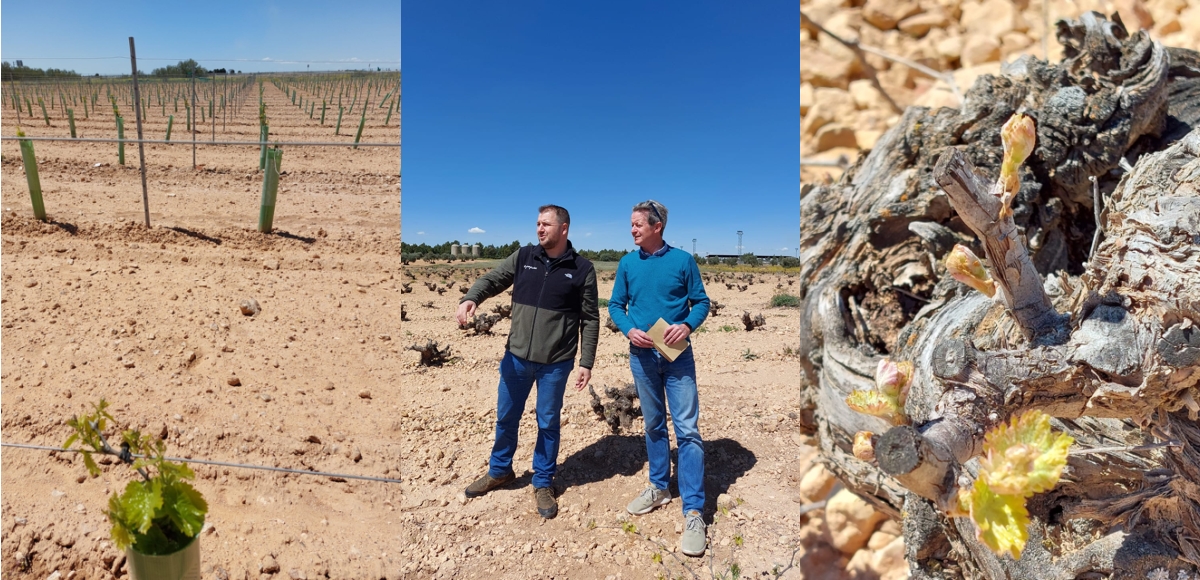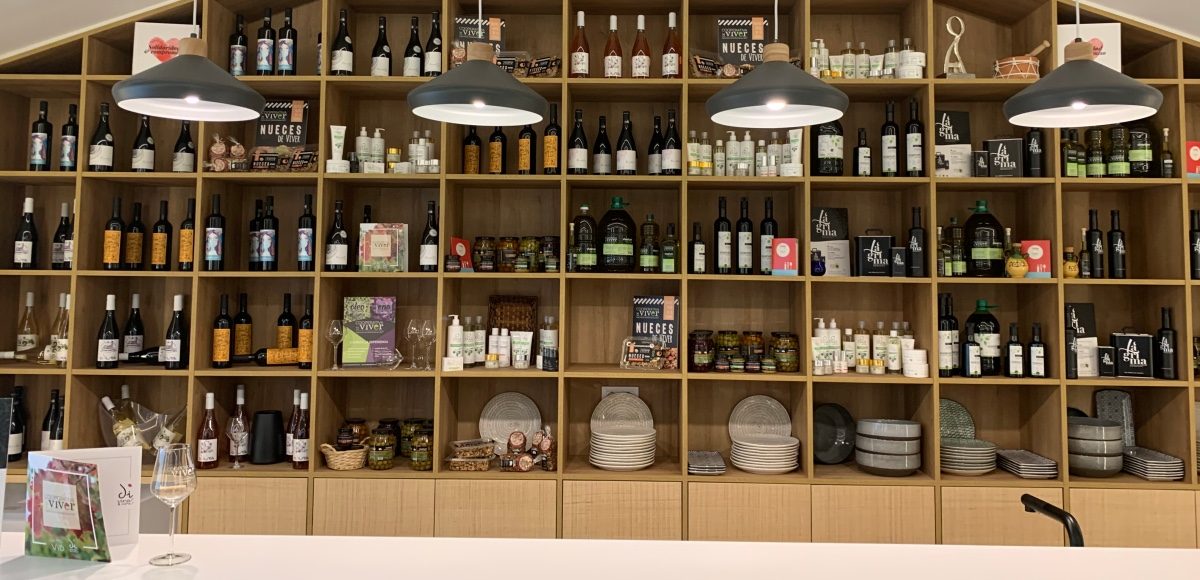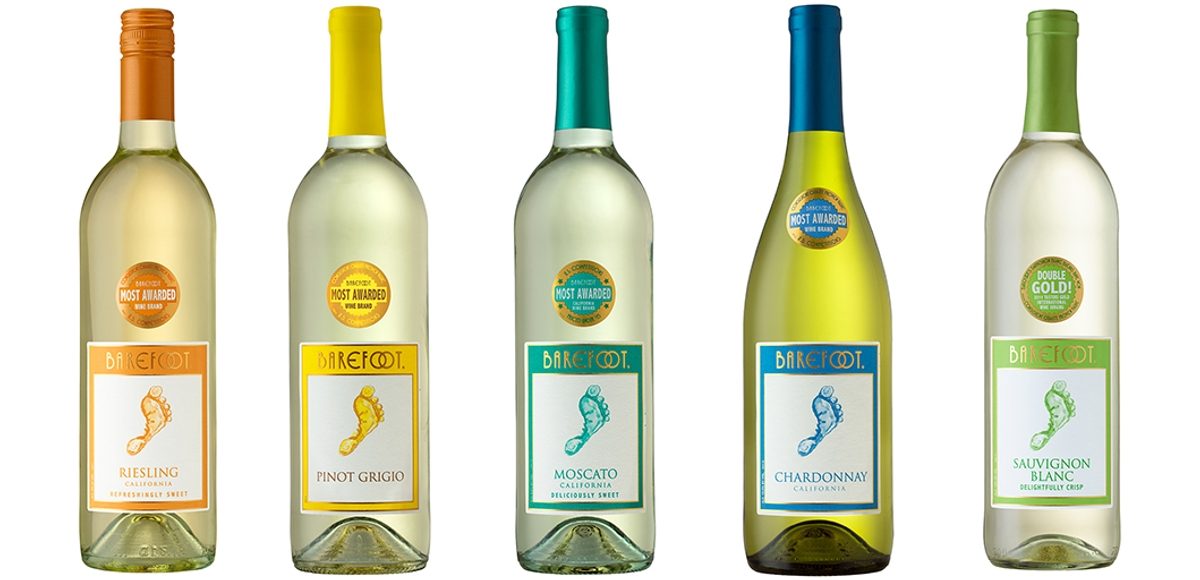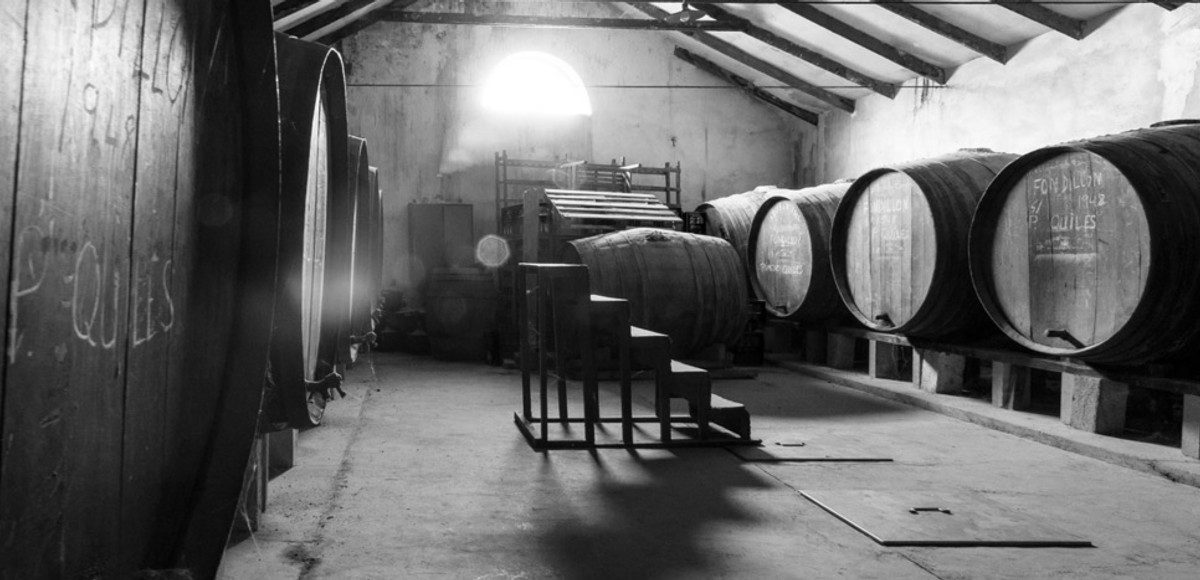There are many wine terms that we hear but do fully understand and from time to time I receive questions from readers about wine. Two such questions concerned aromatic wines and the affect of wood.
What are aromatic wines?
This is a term to describe wines whose aromas and flavours, particularly those that are floral and herbaceous, are very pronounced and persistent. It is not a definitive term but is useful to distinguish between the characteristics of grape varieties.
We generally use the term aromatic when describing white wines. The grapes varieties that make aromatic style wines are Gewürtraminer, Riesling, Viognier, Malvasia, Torrontes and Muscat or Moscatel. Next time you open a bottle of Moscatel pay special attention to the grape and floral aromas. Taking time to smell a wine and identify the primary aromas really does enhance the flavour of the wine when tasting.
Sauvignon Blanc and Pinot Gris are also considered aromatic, the intensity of the aromas will depend on where and how the wine is made. For example a Sauvignon Blanc from Marlborough in New Zealand will have a much more expressive and pronounced aromatic aromas that a Sauvignon Blanc from Sancerre.
How does oak affect how a wine tastes?
Most of the top wines in the world will have spent some time in barrels.
You can tell that a wine has spent some time in oak barrels by the aromas and flavours such as toast, smoke, vanilla, cloves, spices, coconut and cream.
An oak barrel is a tool that allows the winemaker to add complexity and character to the wine. The oak used to make barrels can come from many countries but the two most common types of oak are from France and the USA.
French oak barrels tend to impart more subtle, elegant flavours of spice and wood while American barrels tend to give stronger oaky flavours with vanilla and coconut.
The intensity of the flavours also depends on the size of the barrels, smaller barrels have more influence on the flavour because there is more direct contact with the wine, how long the wine spends in the barrels, usually between 3 months and 2 years, and the age of the barrel, new barrels have stronger flavours.
The cost of the barrels is also an important factor with French barrels costing roughly €900, double the price of US barrels. That is why a wine aged in French barrels will be more expensive.
In addition to flavour, barrels also affect how the wine evolves and matures. White wines that are fermented in barrel tend to be richer with more structure enable the wine to be aged for longer.
During the ageing of red wines from to time the wines will be poured from one barrel to another, a process known as racking, which has a stimulating effect in the ageing process. Just the right amount of oxygen will soften hard tannins and intensify colour of red wines.






